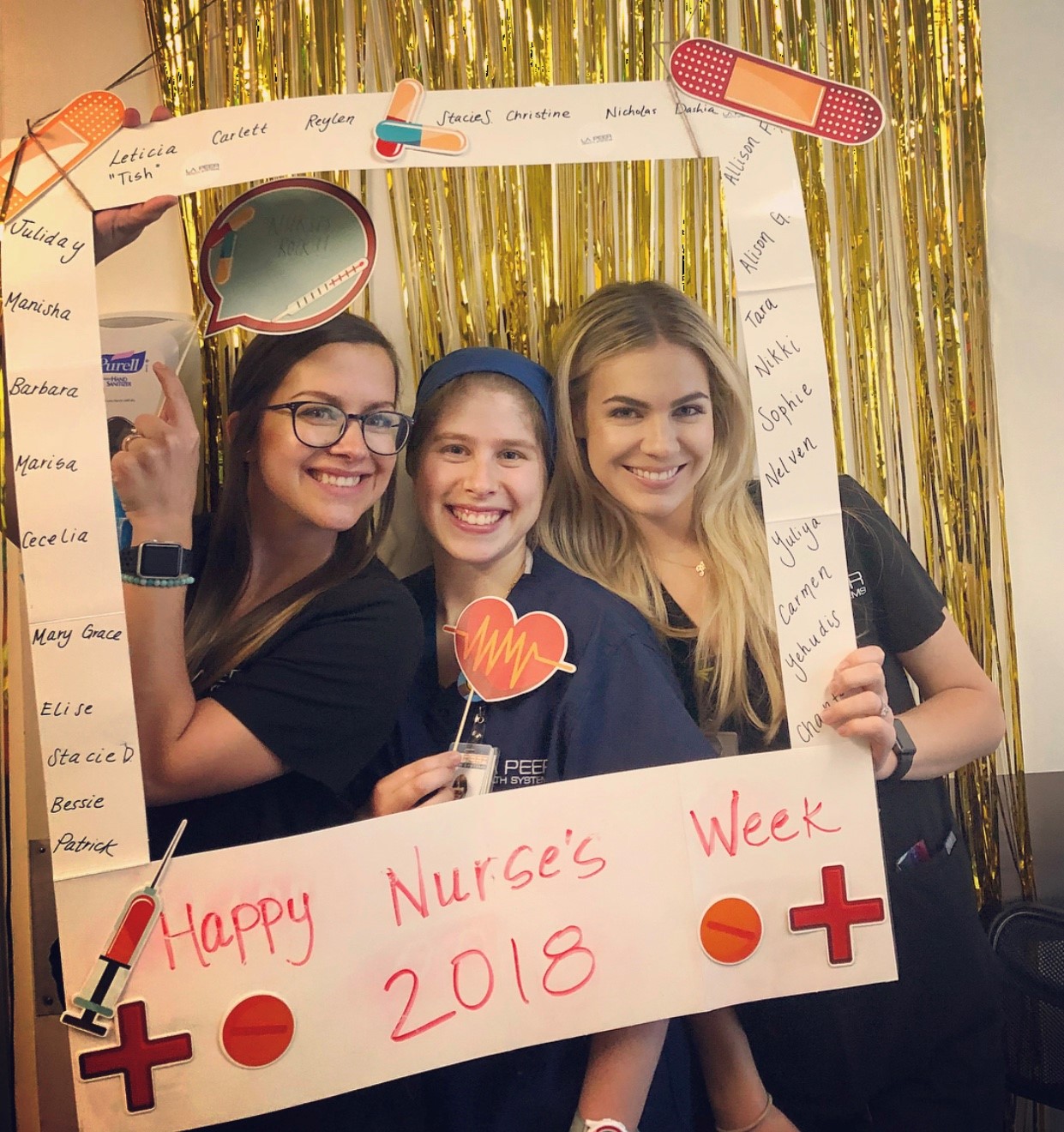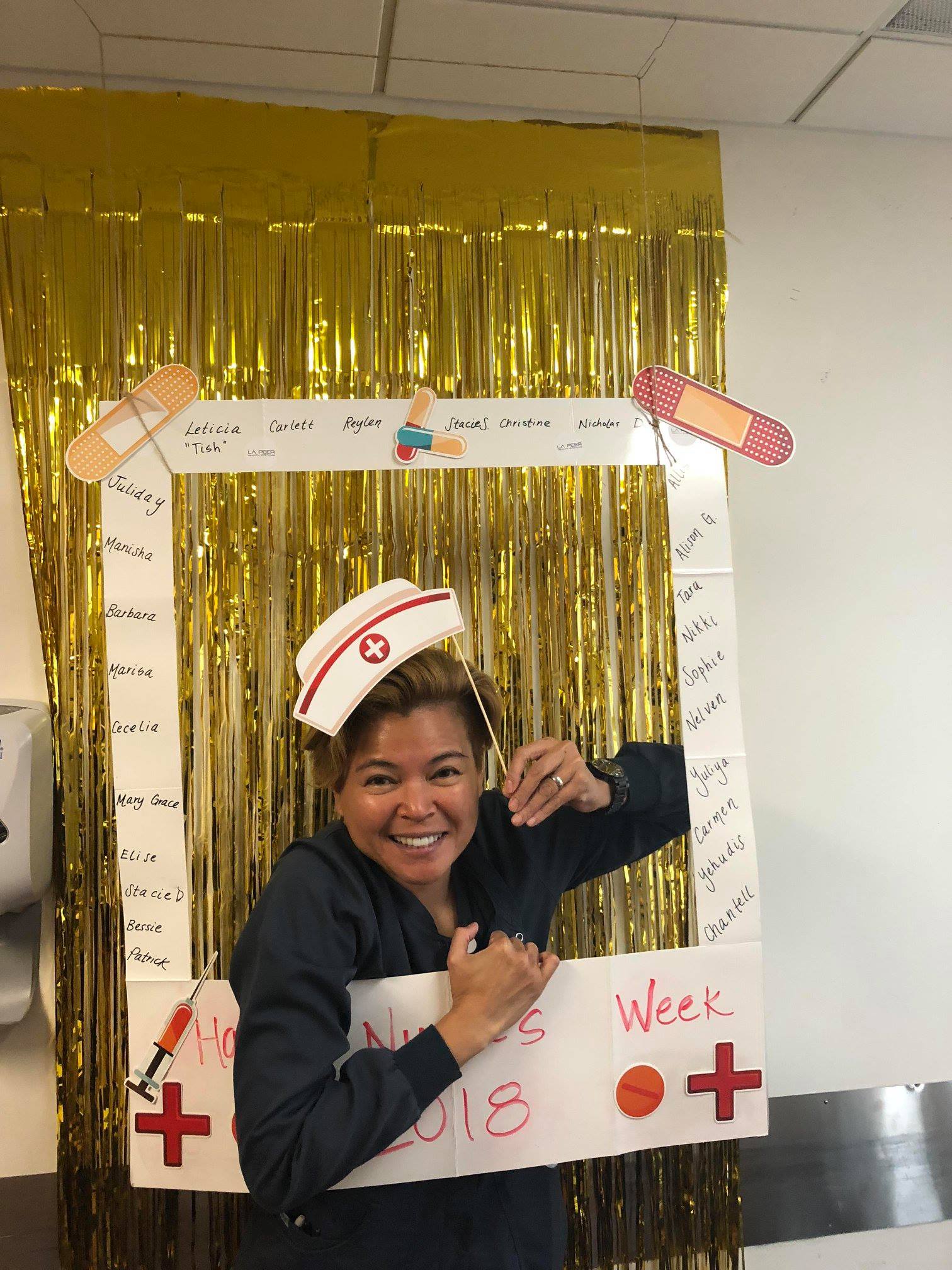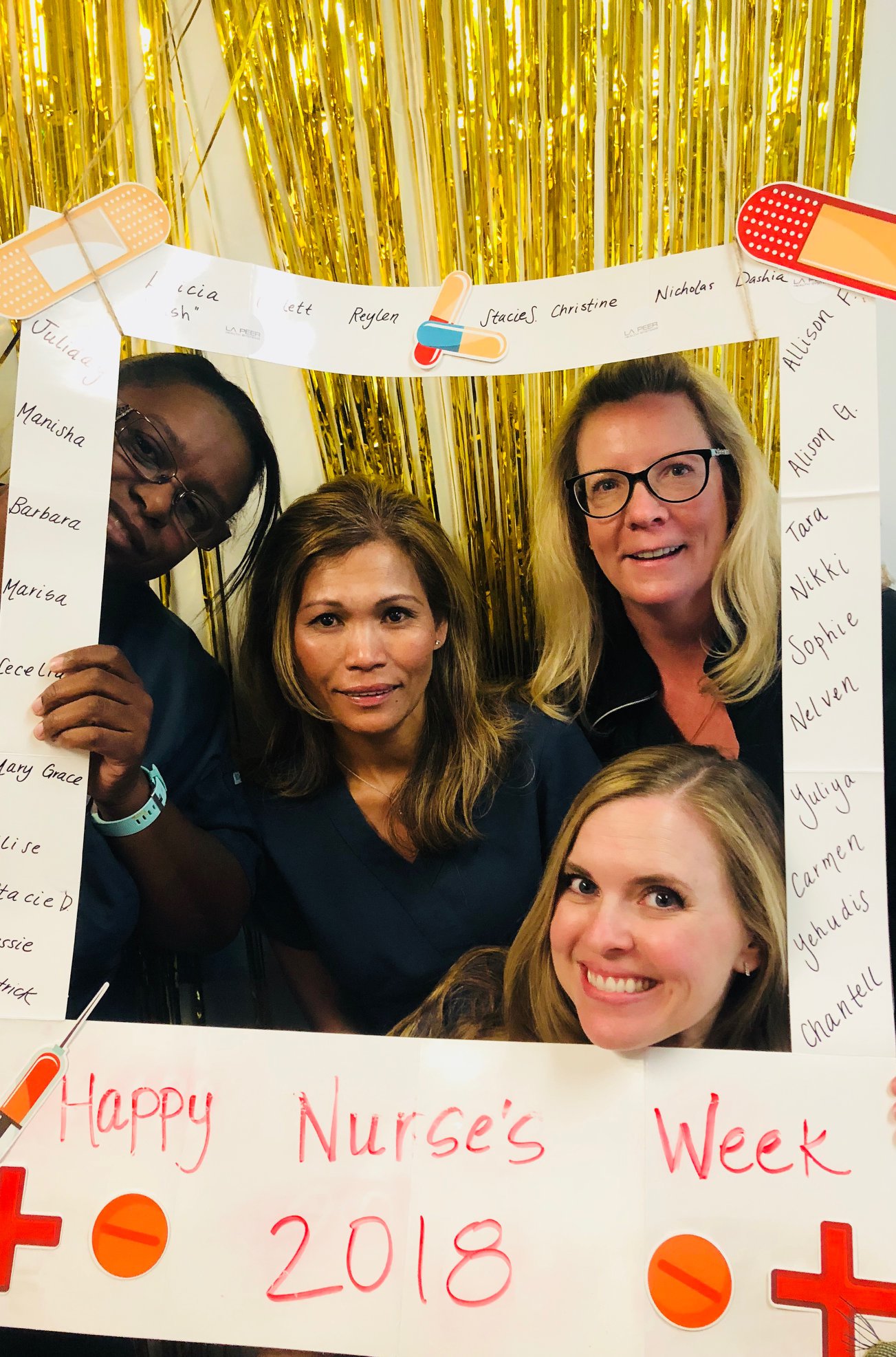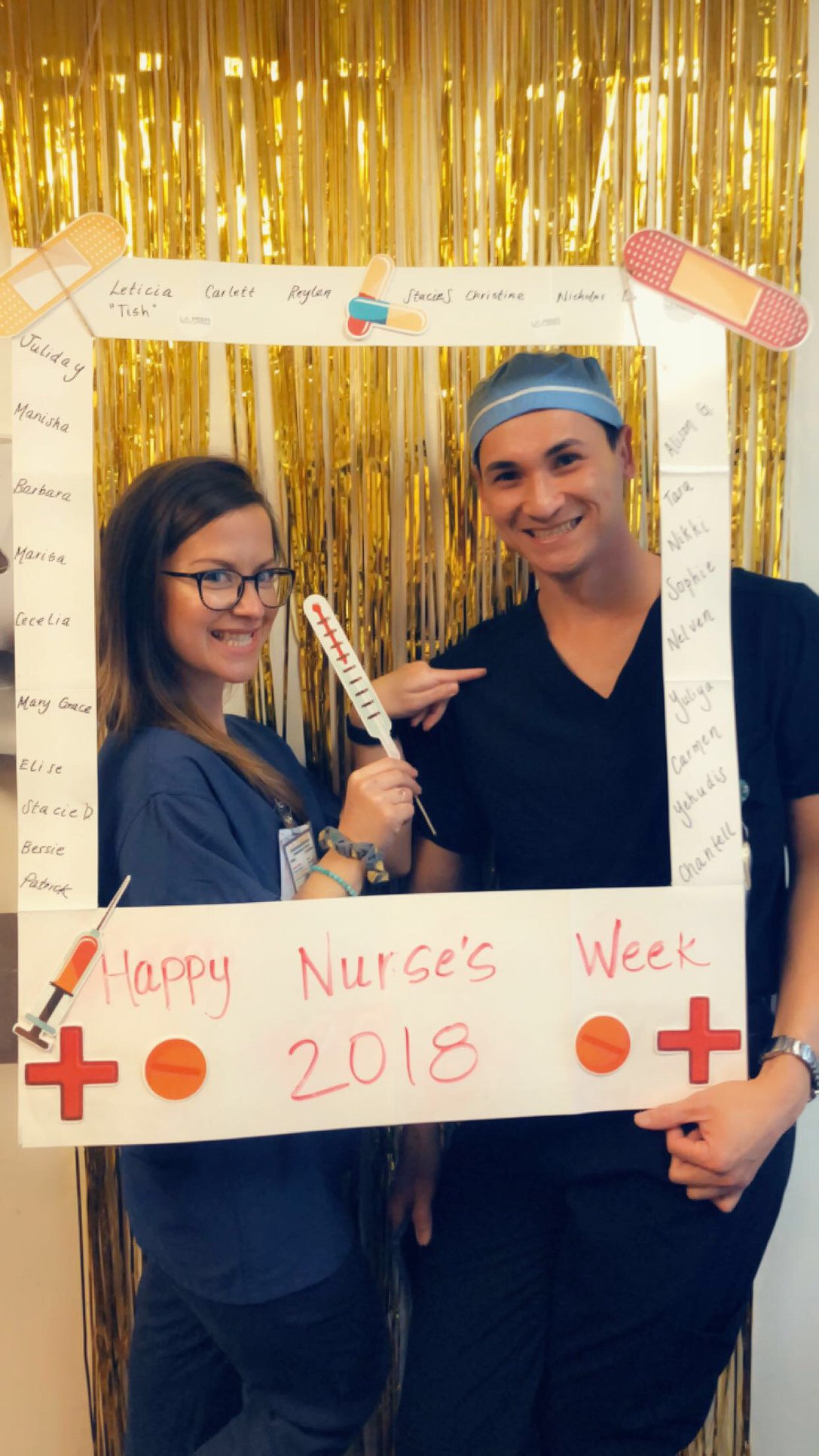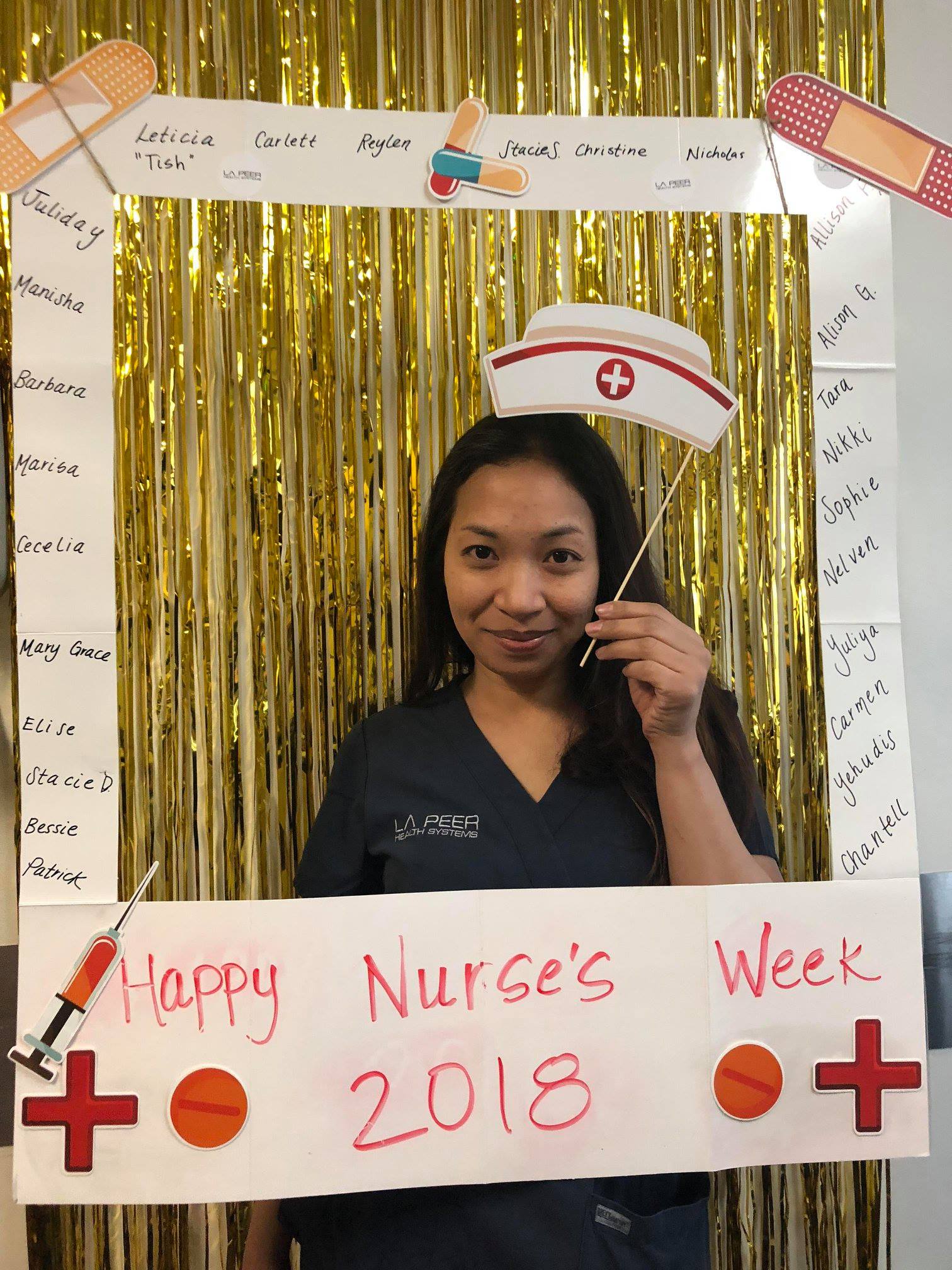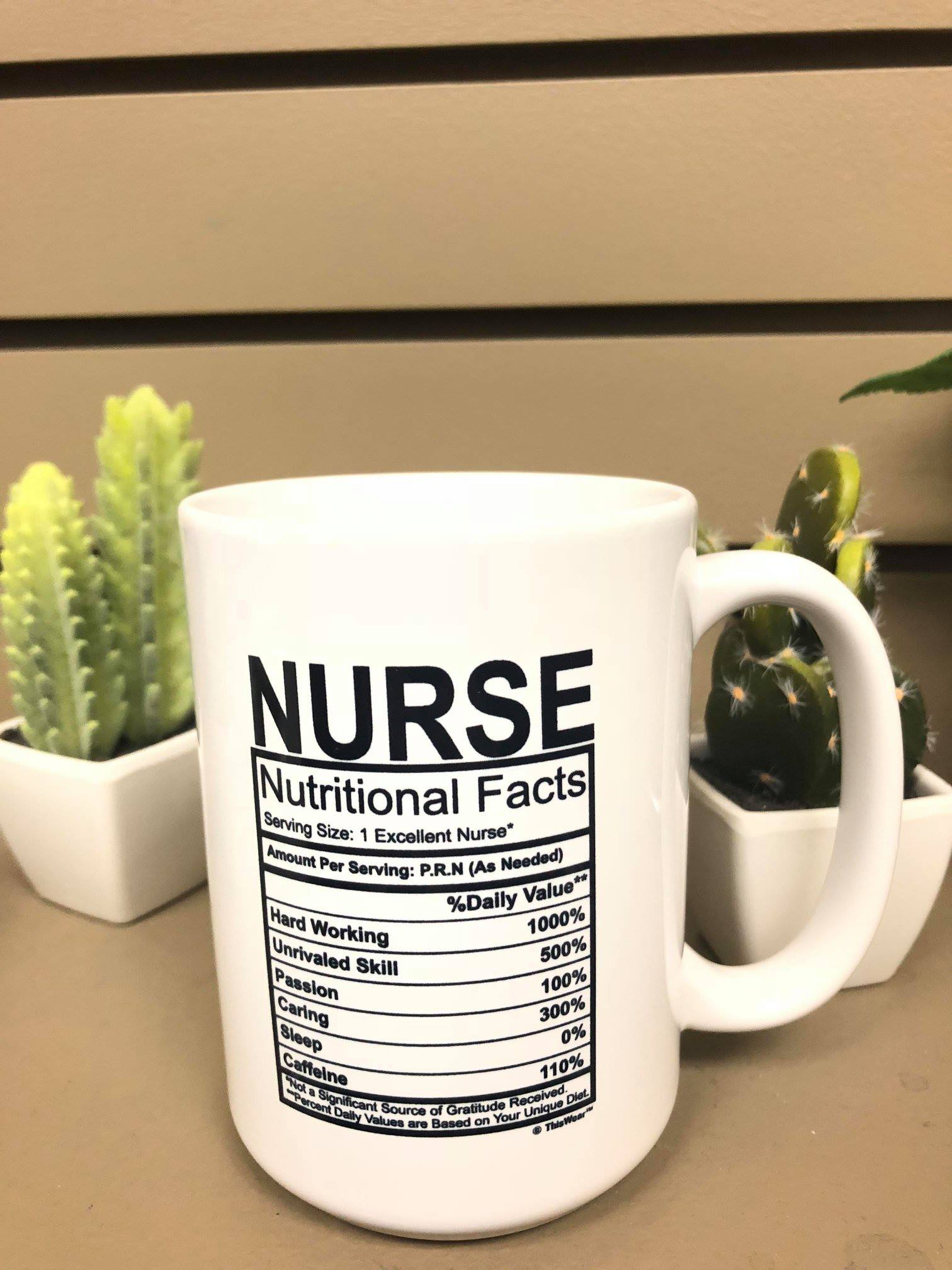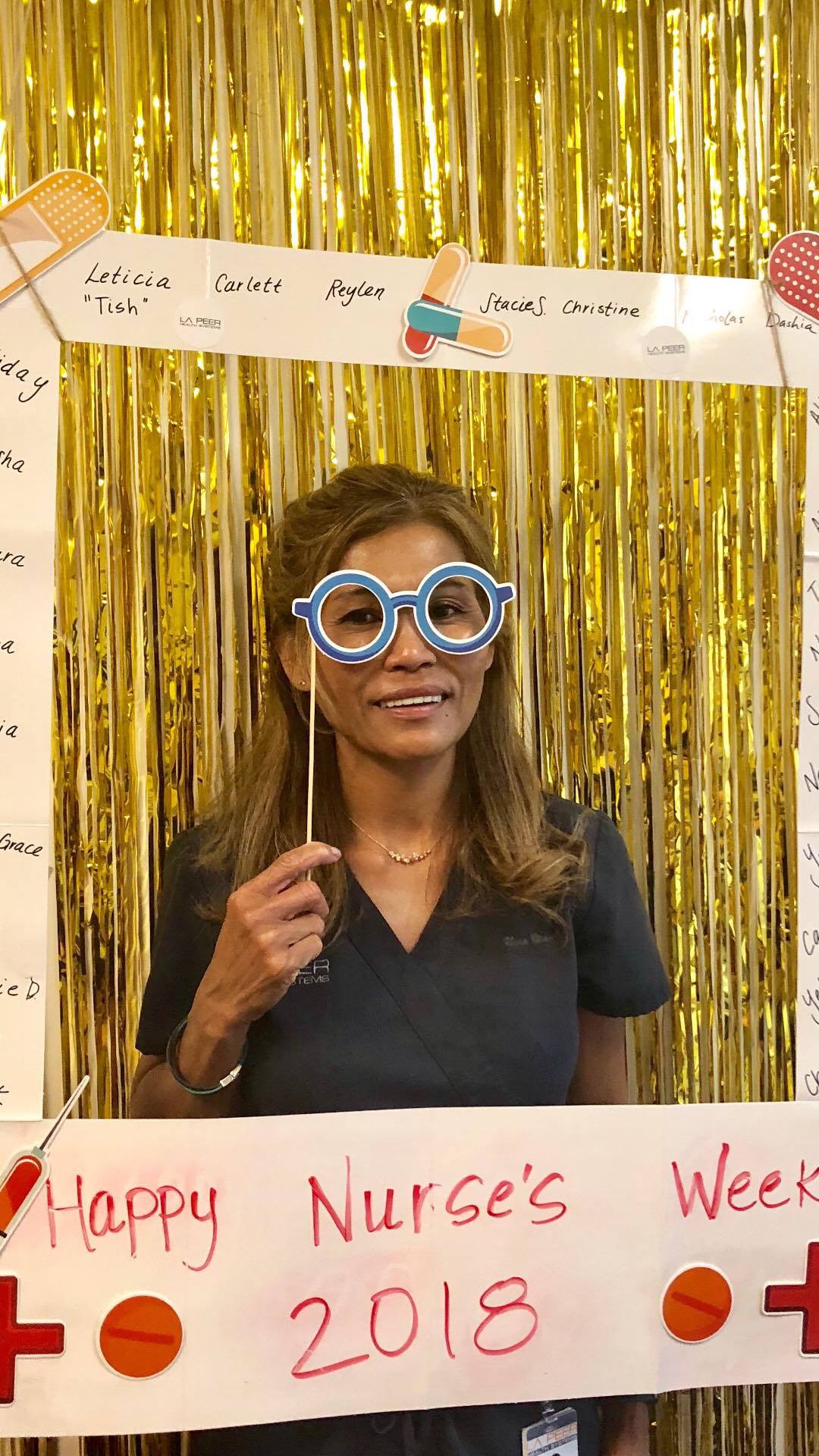Colonoscopy preparation requires a patient to empty the colon. Otherwise, residue in the colon may obscure a doctor’s view of the colon and rectum during the exam.
A doctor provides a patient with detailed colonoscopy preparation instructions. In some instances, a doctor may offer one or more of the following recommendations to ensure a patient can empty the colon prior to a colonoscopy:
- Follow a special diet. A doctor may request a patient stick to a diet of clean foods for at least three to four days before a colonoscopy. These foods include seedless fruits, lean meats, eggs, white bread and pasta; all of these foods are rich in fiber and help cleanse the colon. Additionally, a patient is unable to eat solid foods the day before a colonoscopy. A patient can drink liquids like coffee, tea and water at this time. Also, a patient likely won’t be able to drink any liquids after midnight the night prior to the exam.
- Take a laxative. A laxative helps loosen stools, increase bowel movements and empty the colon. It may be taken as a pill or liquid. Oftentimes, a doctor requests a patient take a laxative the night before a colonoscopy or as a split-dose both the night before and the morning of the exam.
- Utilize an enema kit. An enema helps cleanse the colon and alleviate constipation. Enema kits are available that make it easy to take an enema at home. In certain cases, a doctor recommends a patient use an enema kit the night before a colonoscopy or at least a few hours prior to the procedure.
- Modify your medications. Some medications may require a patient to temporarily adjust his or her dosages or stop taking the medications in the days leading up to a colonoscopy. These medications include high blood pressure or diabetes medications, supplements that contain iron or aspirin that thins the blood.
Preparing for a colonoscopy may seem challenging at first, but a doctor can provide patient guidance and support in the days before a colonoscopy. And if a patient has any concerns or questions about colonoscopy preparation, a doctor is ready to respond to them.
Colonoscopy Preparation Tips
There are many things that a patient can do to streamline the process of preparing for a colonoscopy. These include:
- Make a Plan
A doctor may provide lots of information prior to a colonoscopy, and the sheer volume of colonoscopy preparation information may be overwhelming. However, a patient who takes the time to review a doctor’s colonoscopy preparation instructions can address any concerns or questions right away. Best of all, this patient can make a plan to follow a doctor’s instructions and increase the likelihood of a successful colonoscopy.
- Get Ready for a Laxative
The mere thought of taking a laxative before a colonoscopy may cause stress, but there are many things that a patient can do to prepare for a laxative. If a patient is required to take a liquid laxative, it often helps to mix the laxative with a sports drink or other flavored beverages; that way, a patient can reduce or eliminate the unpleasant taste associated with a laxative.
It also is important to remember that once a laxative starts working, a patient may experience frequent diarrhea, cramps and bloating. Thus, a patient will want to do everything possible to stay comfortable in the bathroom at this time. Applying diaper cream before diarrhea begins may help alleviate pain and discomfort. Keeping moist or medicated wipes on hand enables a patient to clean himself or herself as needed. And if a patient keeps reading material in the bathroom, he or she can stay entertained until a laxative’s effects subside.
- Focus on the End Results
The final hours prior to a colonoscopy can be tough, even for a patient who considers himself or herself to be a strong, resilient individual. When the going gets tough, it is important to remember why a patient is choosing to undergo a colonoscopy in the first place.
A colonoscopy allows an individual to identify colon cancer and other intestinal issues. It enables a patient to visualize ulcers, colon polyps, tumors, inflammation and bleeding in the large intestine and the distal part of the small bowel. If a doctor finds any growths during a colonoscopy, he or she can work with a patient to determine the best-possible treatment.
Reasons to Schedule a Colonoscopy
A man or woman can undergo a colonoscopy to detect colorectal cancer, i.e. cancer that starts at the colon or rectum, in its early stages. By doing so, a patient may be able to identify colorectal cancer before it spreads throughout the body.
American Cancer Society (ACS) notes colorectal cancer is the third most diagnosed cancer in men and women in the United States. Furthermore, an estimated 97,220 new cases of colon cancer and 43,030 new cases of rectal cancer will be diagnosed this year, according to ACS.
Colorectal cancer is problematic, but it is treatable. ACS points out the death rate from colorectal cancer in men and women in the United States has been declining for several decades. In fact, there are currently more than 1 million colorectal cancer survivors in the United States, and this number may continue to rise thanks in part to colonoscopies.
Ultimately, a colonoscopy offers a great opportunity for a man or women to track colorectal cancer and intestinal problems before they escalate. The procedure allows a doctor to explore potential causes of abdominal pain, chronic constipation, chronic diarrhea and rectal bleeding. Plus, a colonoscopy is generally a safe, effective procedure with minimal risk.
A doctor may recommend a colonoscopy every 10 years for men and women 50 years of age and older. The risk of colon cancer and related problems is higher in African Americans than others, and as such, a doctor may recommend an African American man or woman undergo regular colon cancer screenings starting at the age of 45. If an individual has a family history of colon cancer or similar issues, he or she also may benefit from regular colonoscopies starting at age 45.
Schedule a Colonoscopy with La Peer Health Systems Today
A colonoscopy can make a world of difference, yet preparing for a colon cancer screening sometimes is difficult. Fortunately, La Peer Health Systems is happy to help men and women get ready for colonoscopies. Our gastroenterology department employs friendly, knowledgeable surgeons who can provide comprehensive insights into colonoscopies and colonoscopy preparation. As a result, we will guide you through all aspects of a colonoscopy and ensure you are prepared for this procedure. To find out more about our colonoscopies and other GI procedures, please contact us today at 855.360.9119.

